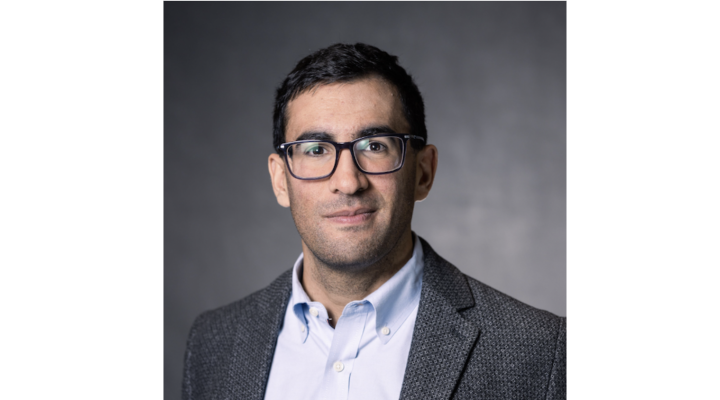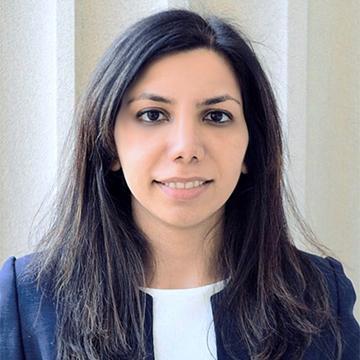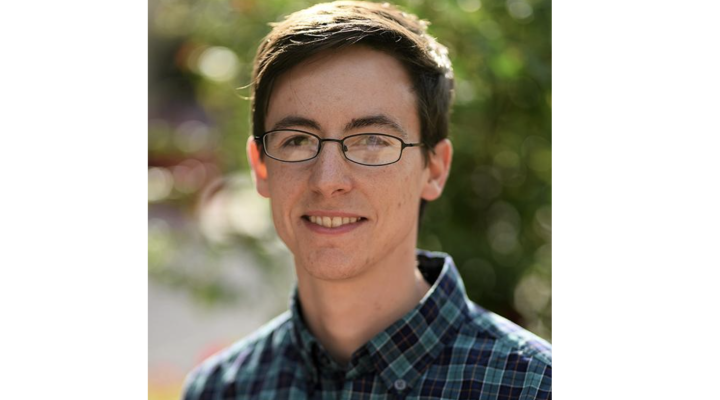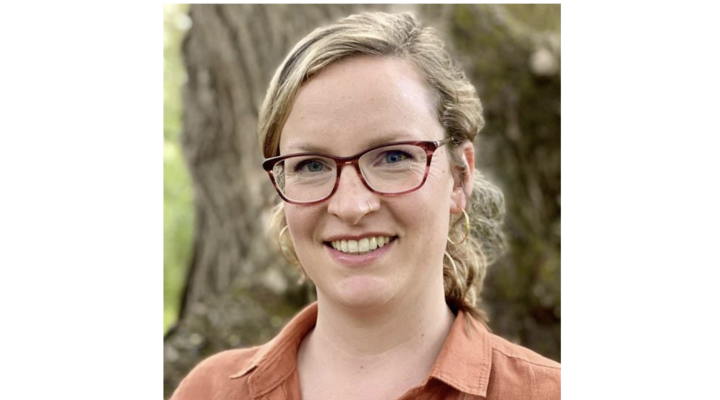Atieh Moridi has joined the faculty of Cornell’s Sibley School of Mechanical and Aerospace Engineering as an Assistant Professor. Moridi came to Cornell in January, 2019 after three years as a postdoctoral fellow at the Massachusetts Institute of Technology (MIT). Her research focuses on additive manufacturing and the synthesis of advanced materials and products.
Moridi earned her undergraduate degree in mechanical engineering from Sharif University of Technology in Tehran, Iran. “My parents are a computer engineer and a middle school math teacher. My older siblings are a medical doctor, an electrical engineer, and a civil engineer,” says Moridi. “So for me, University was a given. It was just a question of what I would major in.”
Growing up, Moridi’s family had a friend who was a mechanical engineer. She used to visit his factory and saw the sorts of parts and machines he made. “I looked up to him and was really interested in the things he could make,” says Moridi. “I was fascinated by the whole process.” When it came time to pick a major, Moridi chose mechanical engineering.
Fairly early in her school career Moridi knew she wanted to get an advanced degree and stay in academia. “As an undergrad I had a few internships in industry and realized it just wasn’t for me,” says Moridi. “The drive in industry is the economy rather than your curiosity. And I wanted to be somewhere that I could pursue my intellectual interests.” This wish led Moridi to the Polytechnic University of Milan in Italy in order to earn her doctorate in the lab of Professor Mario Guagliano. “Mario was doing work in the same field my undergrad research was in, but applying it under more severe conditions,” says Moridi. “It was the state of the art for my field, so I only applied to one school.”
After earning her Ph.D. in Milan, Moridi spent three years as a postdoctoral fellow at MIT where she worked with Professor Ming Dao and then in the labs of Professor John Hart (mechanical engineering), and Professor Cem Tasan (materials science and engineering). “It was an excellent opportunity for me to learn even more at the interface between materials science and manufacturing” says Moridi.
Now that she is at Cornell, Moridi will continue some of the work she started at MIT as well as push her research into new areas of interest. “We want to exploit the intrinsic properties and flexibility of the additive manufacturing process to synthesize novel high performance materials and products,” says Moridi. Moridi’s Lab for Advanced Materials Manufacturing (LAMM) also develops and uses novel characterization tools to understand the structure-property relationships in these materials.
These tools include in situ mechanical testing as well as microstructure, orientation, phase, composition, defect, and microstrain mapping. “These characterization techniques are the core of our research,” says Moridi. “With them we can elucidate key micro-mechanisms leading to macroscale mechanical behavior.”
When asked why she has chosen to join the faculty at Cornell, Moridi has a long list of reasons. “I have always heard about the high quality of the students at Cornell, and with the graduate field faculty system here I can work with students from different fields” she says. “Also, the shared facilities here are some of the best in the country. The characterization tools and CHESS facility (Cornell’s high energy synchrotron source) are amazing. It is a truly unique place for interdisciplinary research. Given the diverse set of specialized skills on campus, Cornell is a perfect place for launching exciting new collaborative projects.”
In the 2019 fall semester, Moridi is teaching MAE 6450 Additive Manufacturing Fundamentals and Processes. “This is a new technology,” she says. “I think it is important to train the next generation of engineers that are getting ready to enter the workforce. That is why I decided to offer this course.”





